Whether you’re an accounting student or a seasoned professional, deciding to pursue your CPA license is a big step in your career. In this guide, we’ll walk you through what to expect on the exam and how to navigate the exam journey from start to finish.
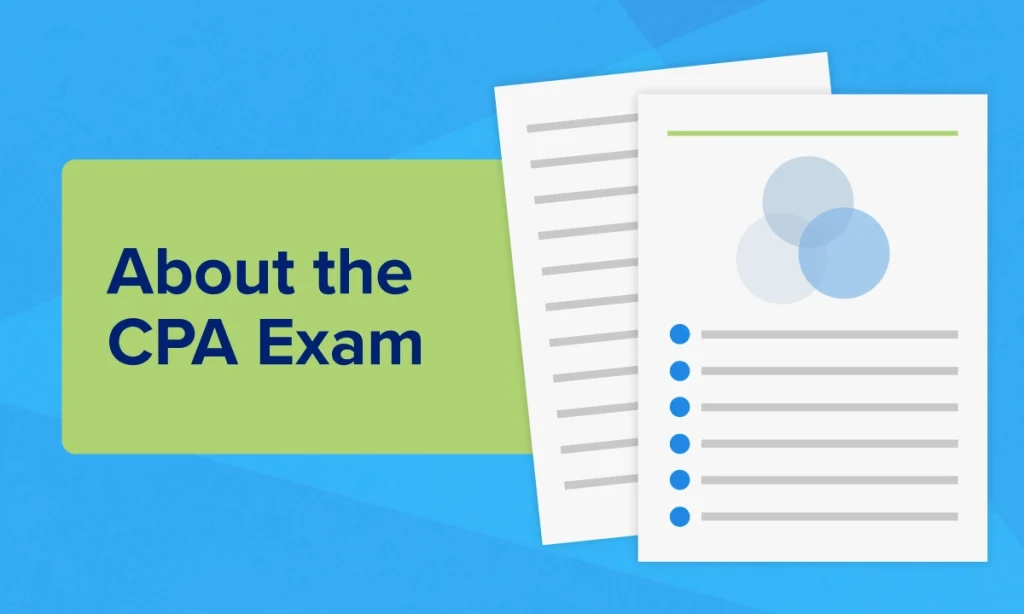
The comprehensive, 4-part Uniform CPA Exam evaluates your accounting knowledge and skills, serving as a step toward your CPA license.
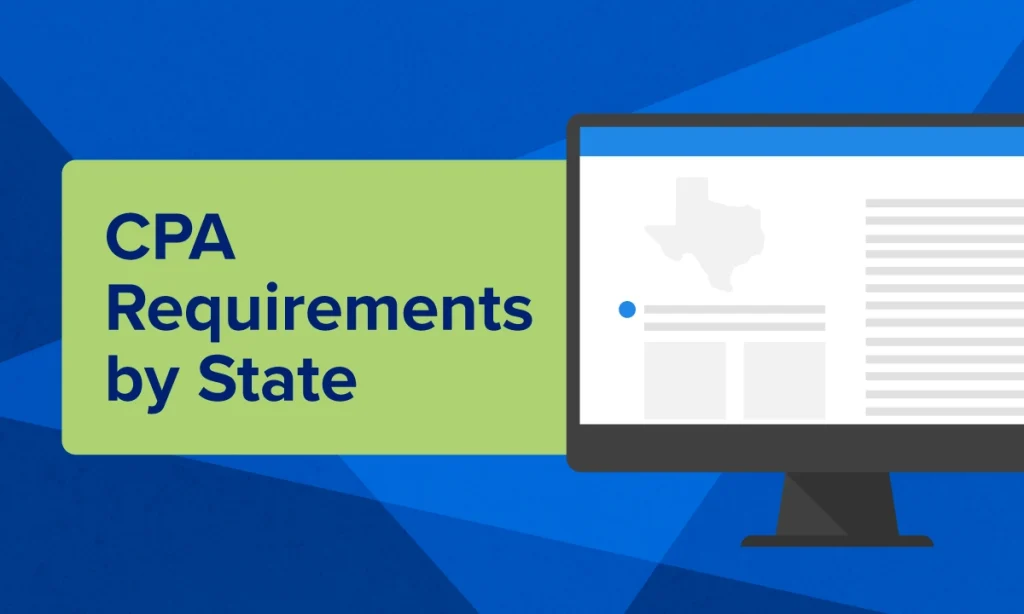
CPA requirements — including education, experience, and exam criteria — vary by state. Meet your state’s guidelines to qualify for the CPA Exam.
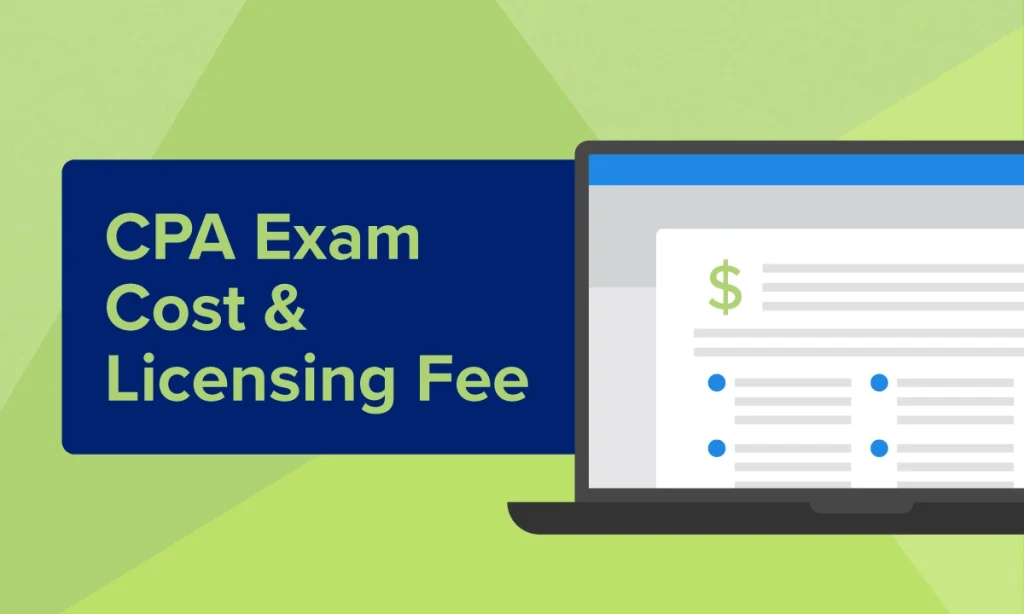
Fees to become a CPA include application, exam, review course, and state. Budget for these costs as you prepare for the CPA Exam.
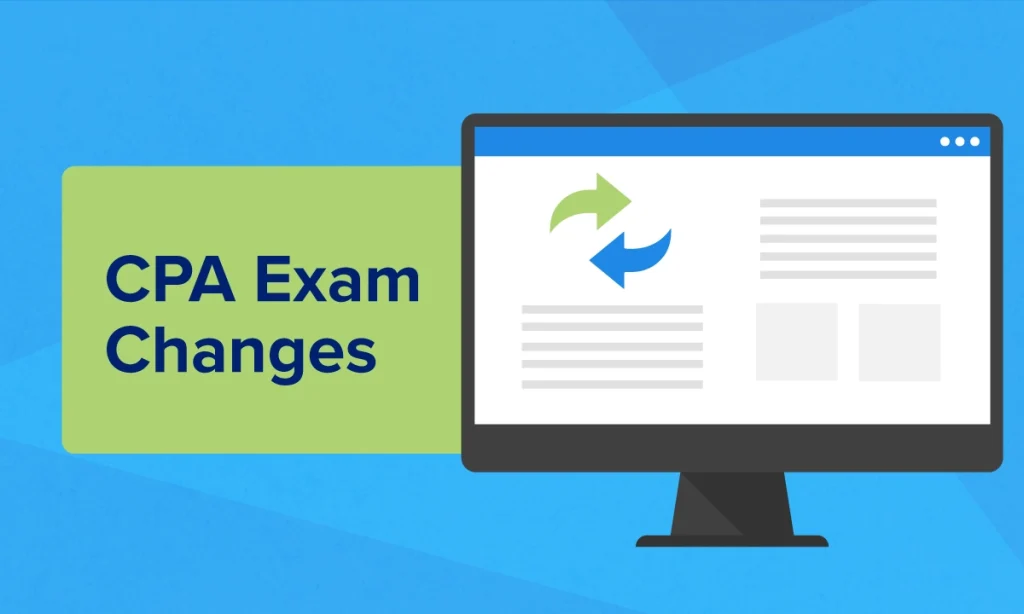
Each year, the AICPA approves various changes to the CPA Exam. Stay informed about these updates to be well-prepared for the latest exam requirements.
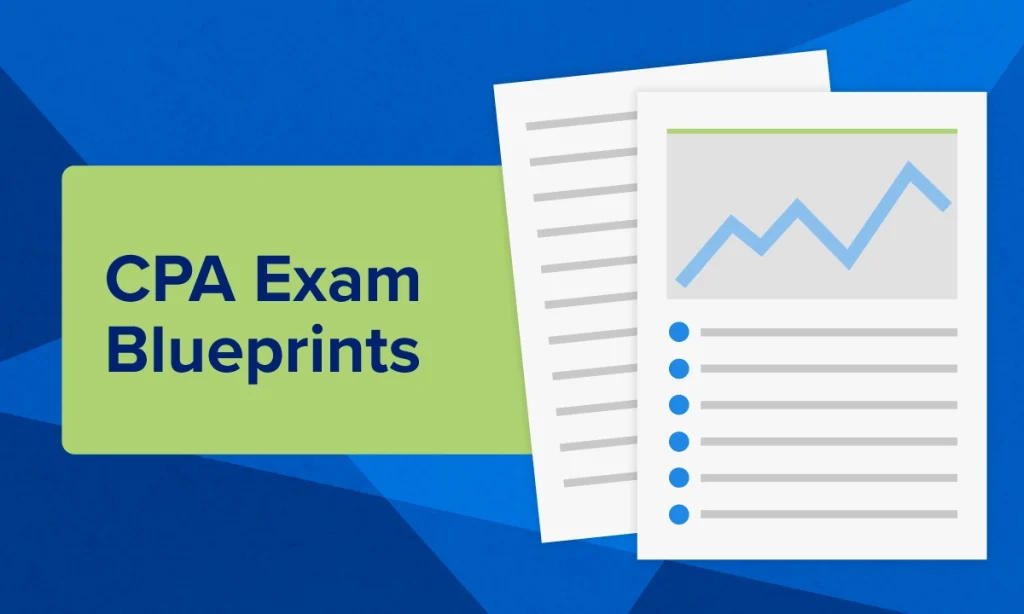
The AICPA releases CPA Exam Blueprints that outline the skills and knowledge tested. Review these guidelines to prepare effectively for each section.
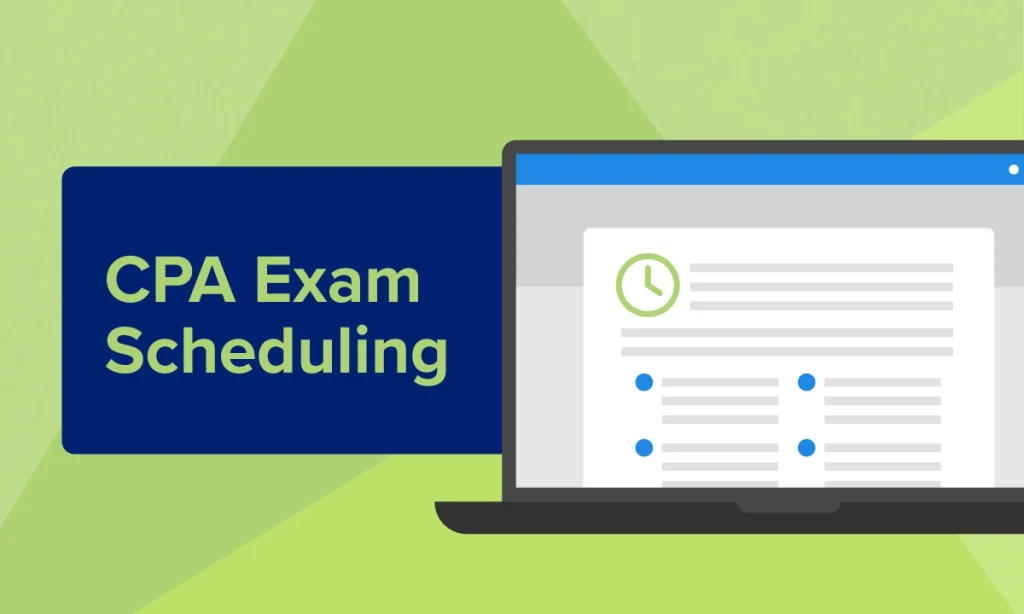
Scheduling your CPA Exam includes selecting your preferred test days and locations. Checking the process before scheduling helps save time for preparation.
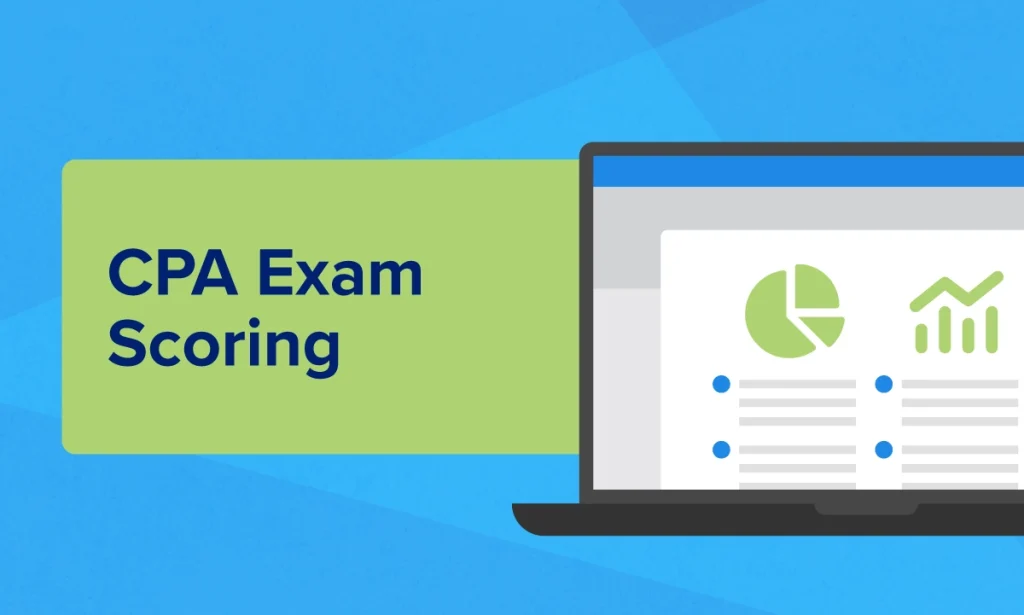
CPA Exam scores are evaluated on a scale of 0 to 99, with 75 being the minimum passing score. Candidates who fail receive a performance report.
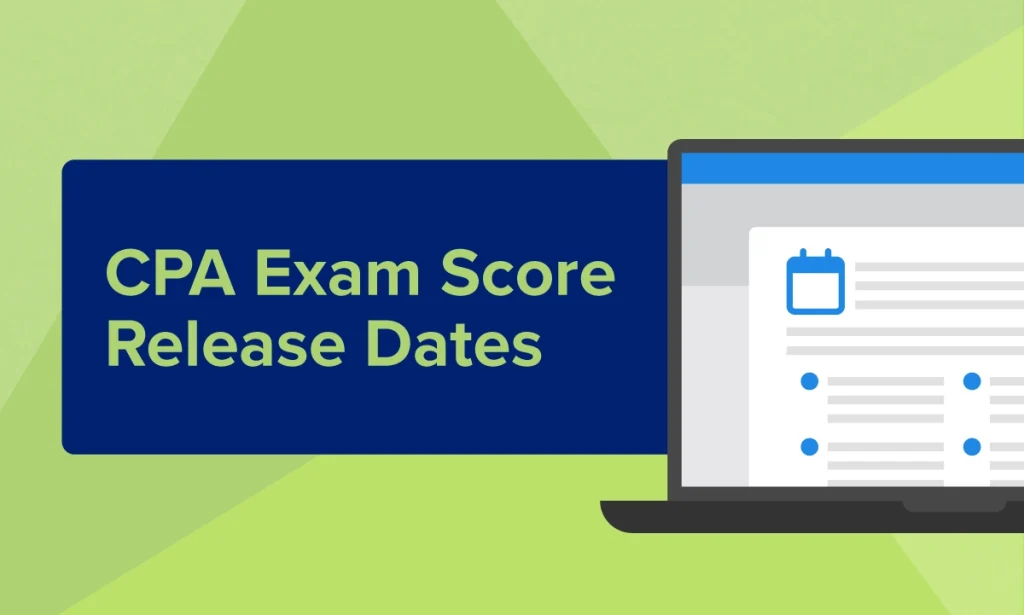
The AICPA biannually updates target score release dates. Check scores on their National Association of State Boards of Accountancy (NASBA) portal.
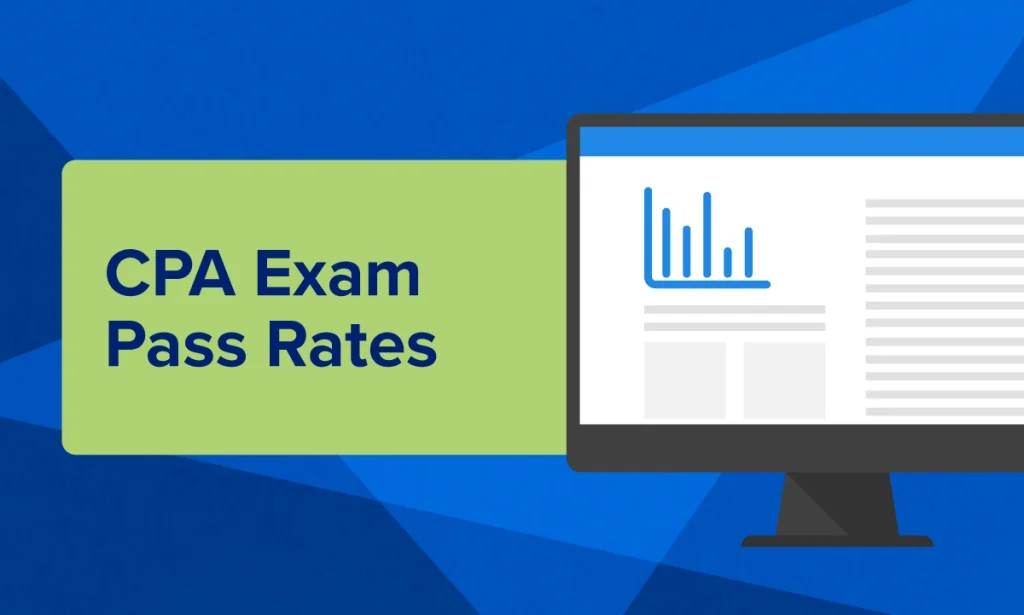
The CPA Exam is one of the toughest professional exams globally, with pass rates around 45%. Check the pass rate for each section.
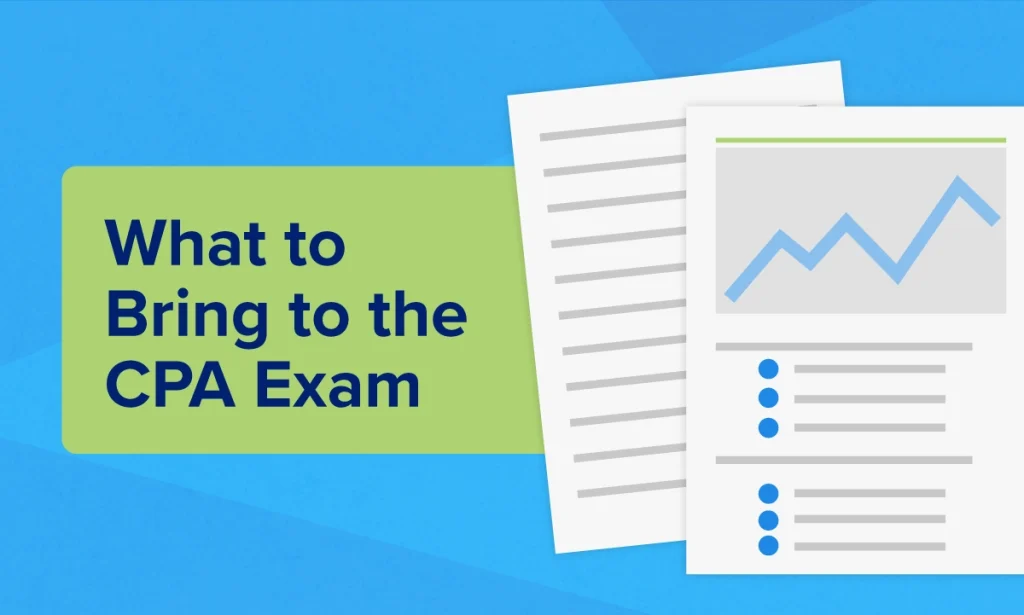
Knowing what to bring to the test center ensures a smooth CPA Exam day. Prometric provides a list of items, including acceptable IDs.
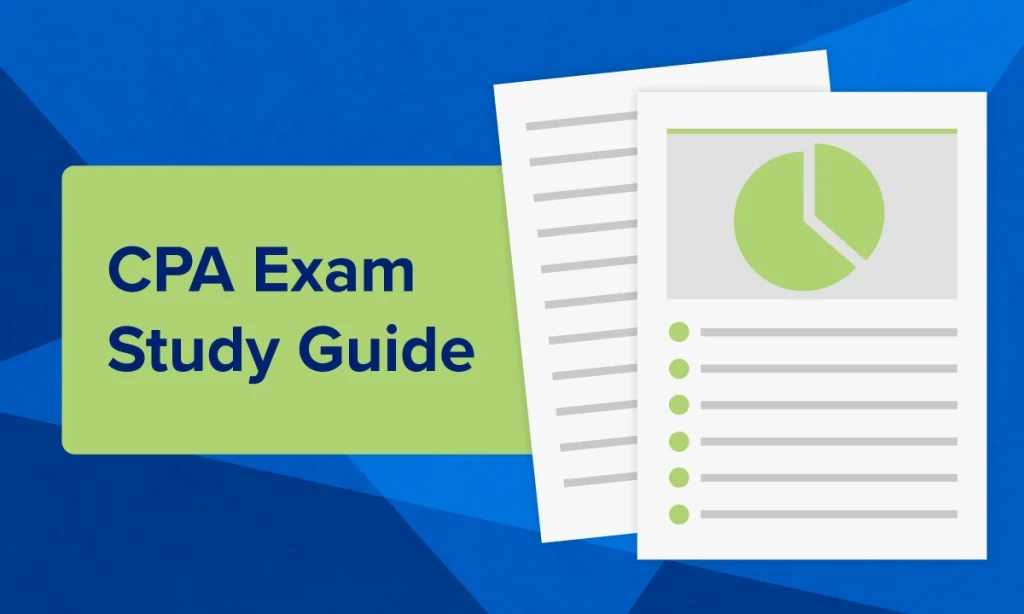
Learn how to make a well-structured study plan that will save you time, focus on your weak areas, and keep you motivated.
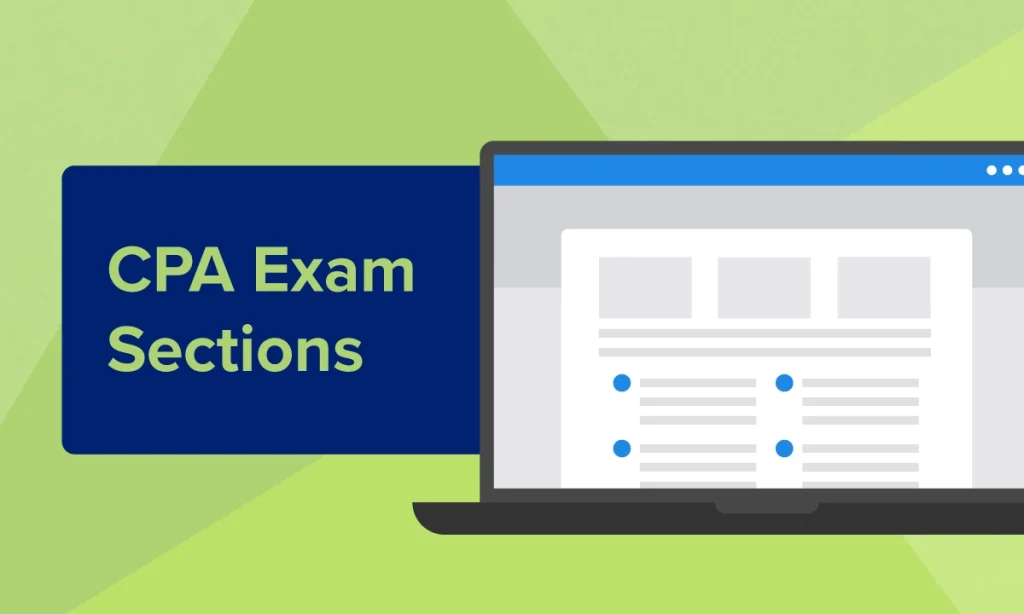
Get details about all 6 sections of the CPA Exam, including format and content areas to help you pass on your first attempt.
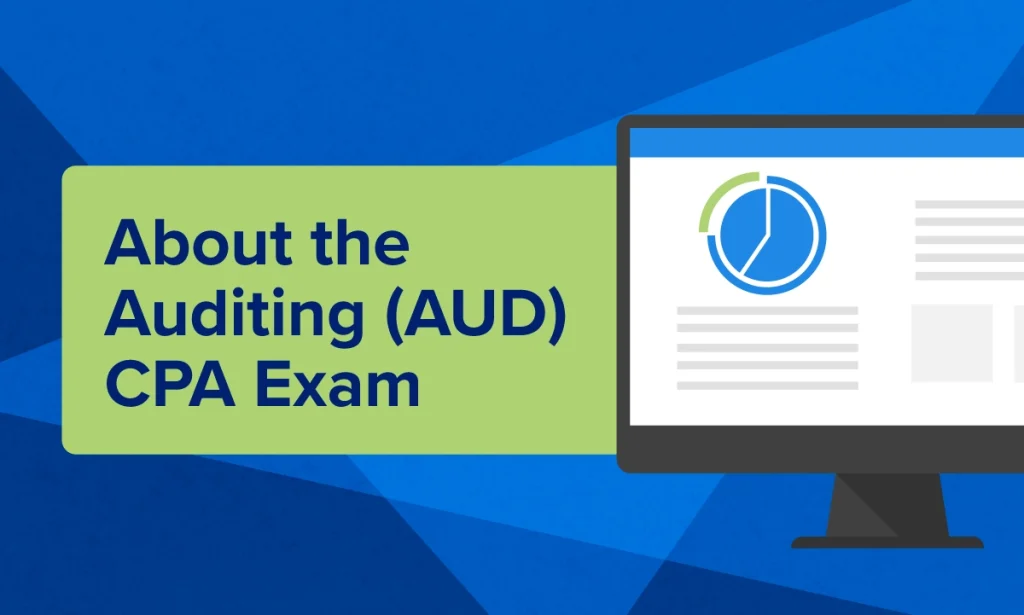
The AUD CPA Exam tests your knowledge of auditing and attestation standards, covering topics such as ethics, procedures, and internal controls.
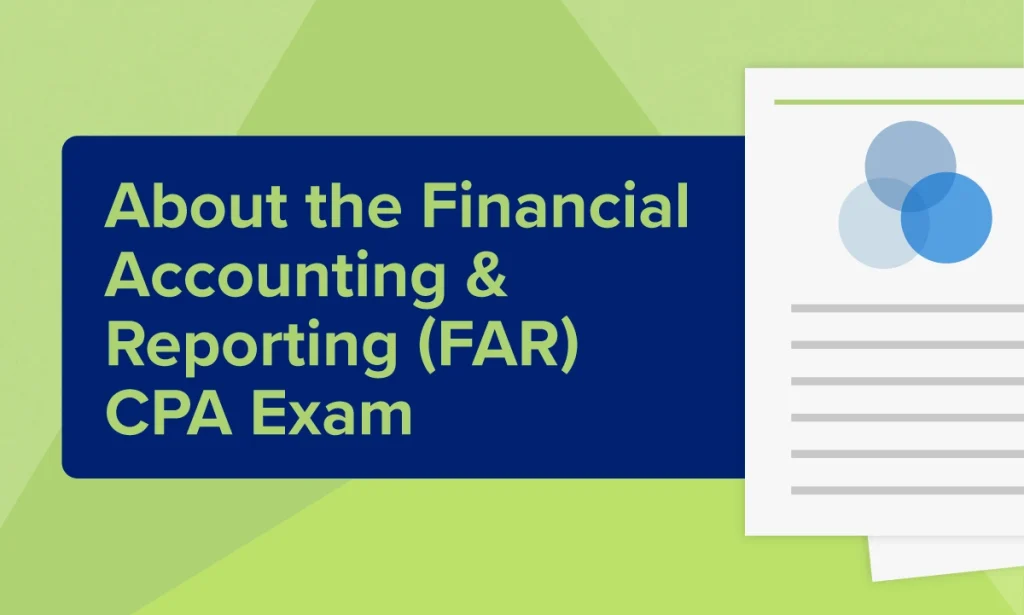
The FAR CPA Exam focuses on financial accounting and reporting, financial statements, transactions, and governmental accounting.
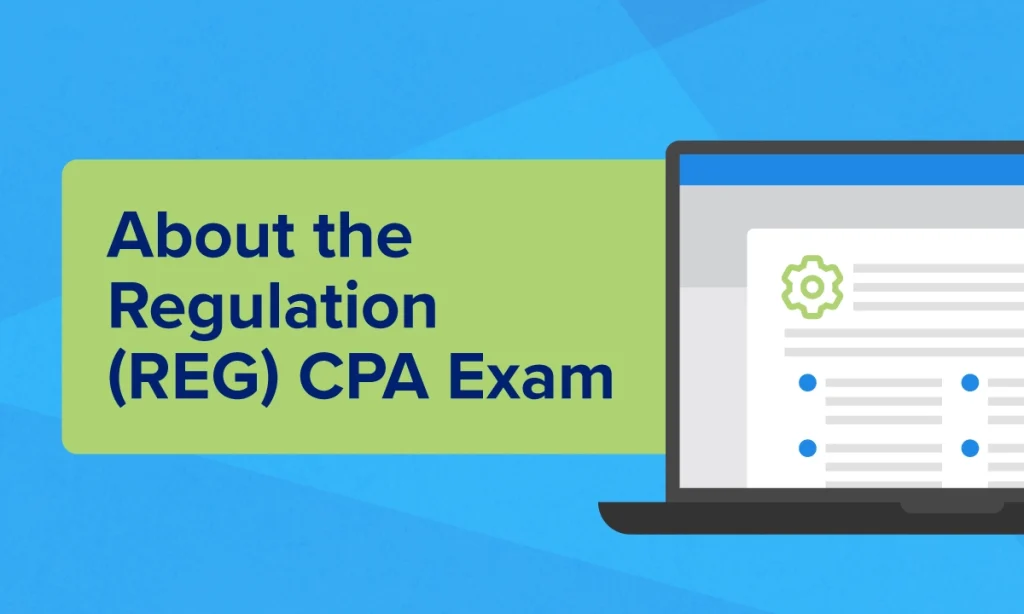
The REG CPA Exam covers U.S. federal taxation, ethics, tax practice, U.S. business law, and professional and legal responsibilities.
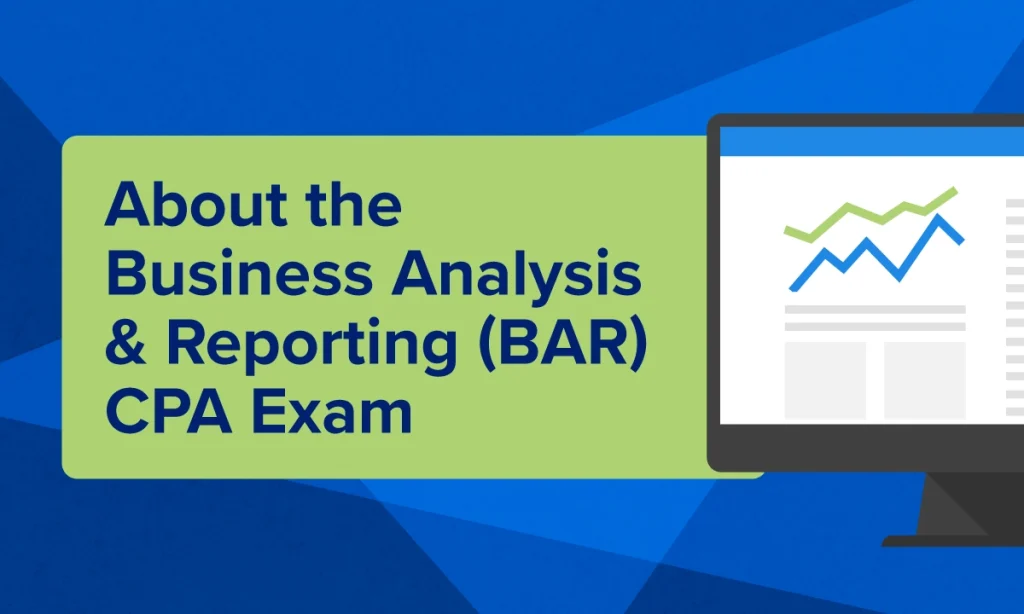
The BAR CPA Exam covers financial risk management, technical accounting, and financial planning, emphasizing data analytics.
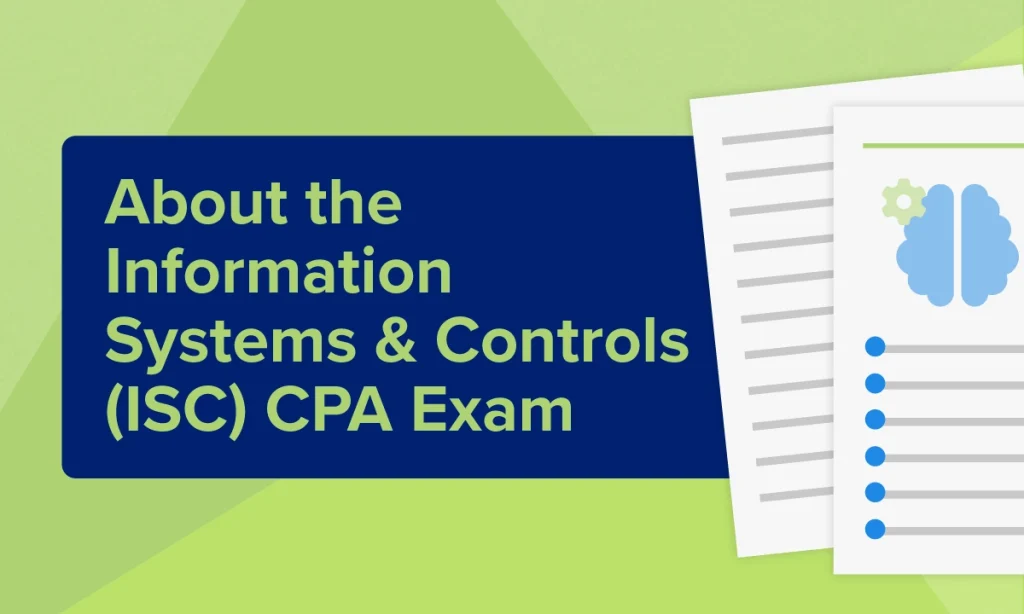
The ISC CPA Exam focuses on IT and data governance, advisory services related to business processes, and information system security.
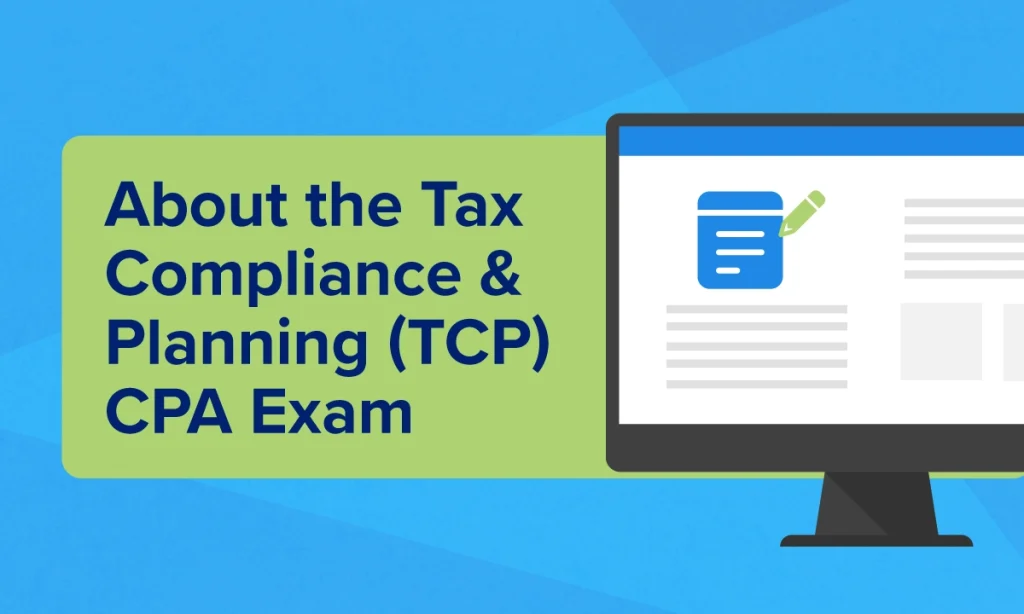
The TCP CPA Exam determines your knowledge of individual and entity tax compliance, financial and entity planning, and property transactions.